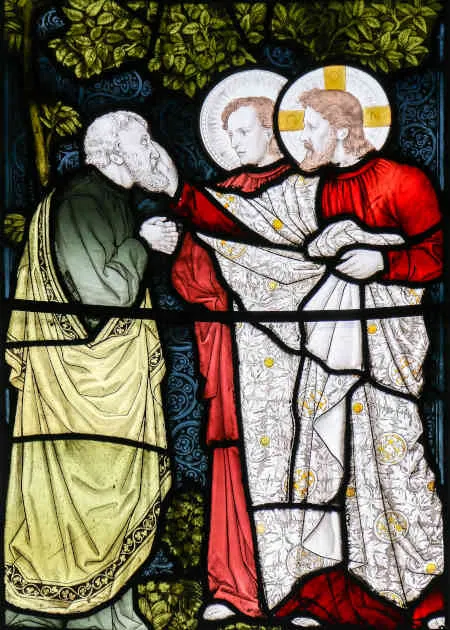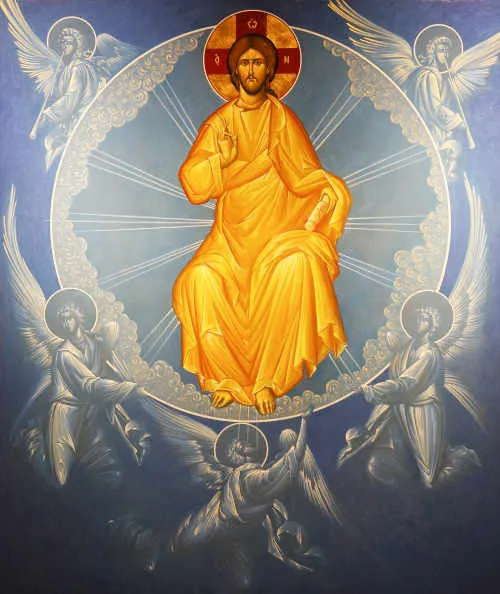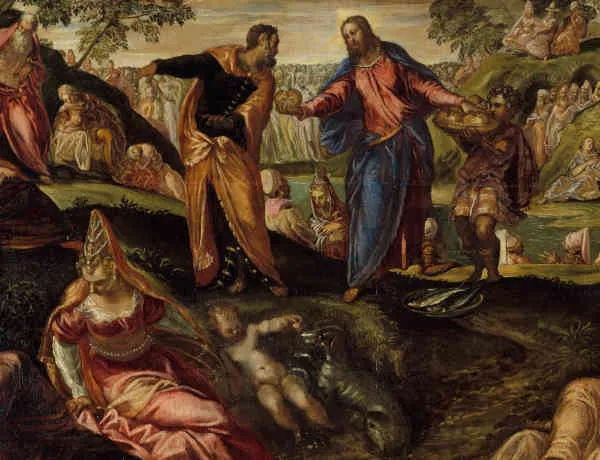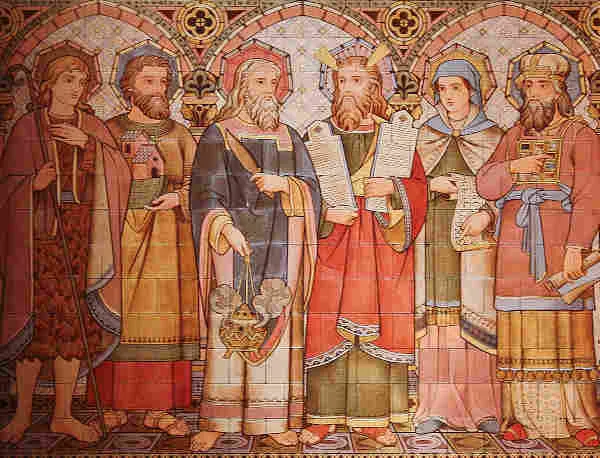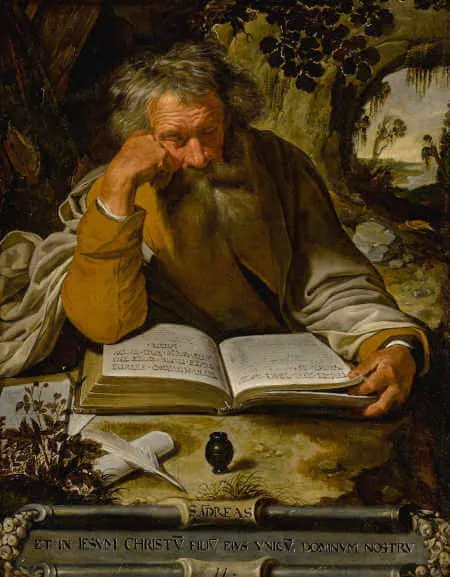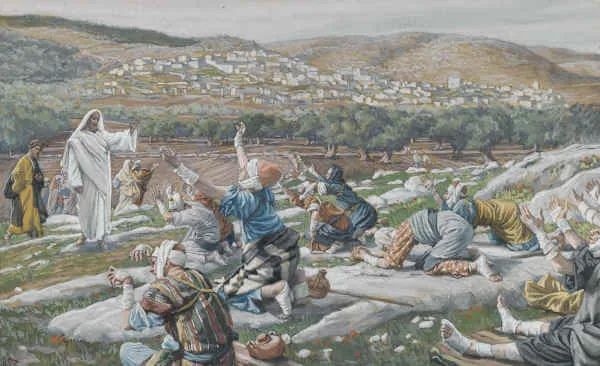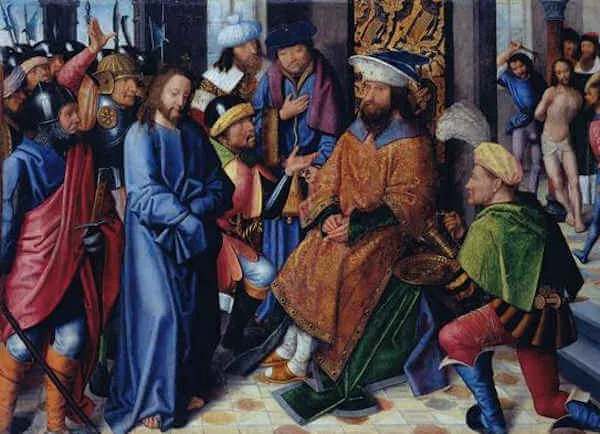Matthew 9:30-31
The True Messiah
And their eyes were opened. Jesus warned them sternly, “See that no one knows about this.” But they went out and spread word of him through all that land.
Reflection:
Who is Jesus? This question is much more easily answered today than it was at the time Jesus walked the Earth. Today we are blessed with countless saints who have gone before us who have prayerfully and intelligently taught much about the person of Jesus. We know Him to be God, the Second Person of the Holy Trinity, the Savior of the World, the promised Messiah, the Sacrificial Lamb and so much more.
The Gospel above comes from the conclusion of the miracle in which Jesus healed two blind men. These men were overwhelmed with their cure, and their emotion overtook them. Jesus instructed them to “See that no one knows about this” miraculous healing. But their excitement could not be contained. It’s not that they were intentionally disobedient to Jesus; rather, they did not know how else to express their sincere gratitude other than to tell others about what Jesus had done.
One reason Jesus told them not to tell others about Him is because Jesus knew they did not fully understand Who He was. He knew that their testimony about Him would fail to present Him in the way that was most truthful. He was the Lamb of God. The Savior. The Messiah. The Sacrificial Lamb. He was the One Who came into this world to redeem us by the shedding of His blood. Many of the people, however, wanted a nationalistic “messiah” or a miracle worker alone. They wanted one who would save them from political oppression and make them a great earthly nation. But this was not Jesus’ mission.
Oftentimes we can also fall into the trap of misunderstanding Who Jesus is and Who He wants to be in our lives. We can want a “god” who will save us only from our daily struggles, injustices and temporal difficulties. We can want a “god” who acts in accord with our will and not vice versa. We want a “god” who will heal us and free us of every earthly burden. But Jesus taught clearly throughout His life that He would suffer and die. He taught us that we must take up our own crosses and follow Him. And He taught us that we are to die, embrace suffering, offer mercy, turn the other cheek, and find our glory in that which the world will never understand.
Reflect, today, upon whether Jesus would caution you about speaking too loudly about your vision of Who He is. Do you struggle with presenting a “god” who is not actually God? Or have you come to know the very Person of Christ our Lord to such an extent that you are able to give witness to Him Who died. Do you boast only in the Cross? Do you proclaim Christ crucified and preach only the deepest wisdom of humility, mercy and sacrifice? Recommit yourself to a true proclamation of Christ, setting aside any and all confused images of our saving God.
Source: https://catholic-daily-reflections.com/2024/12/05/the-true-messiah-3/

